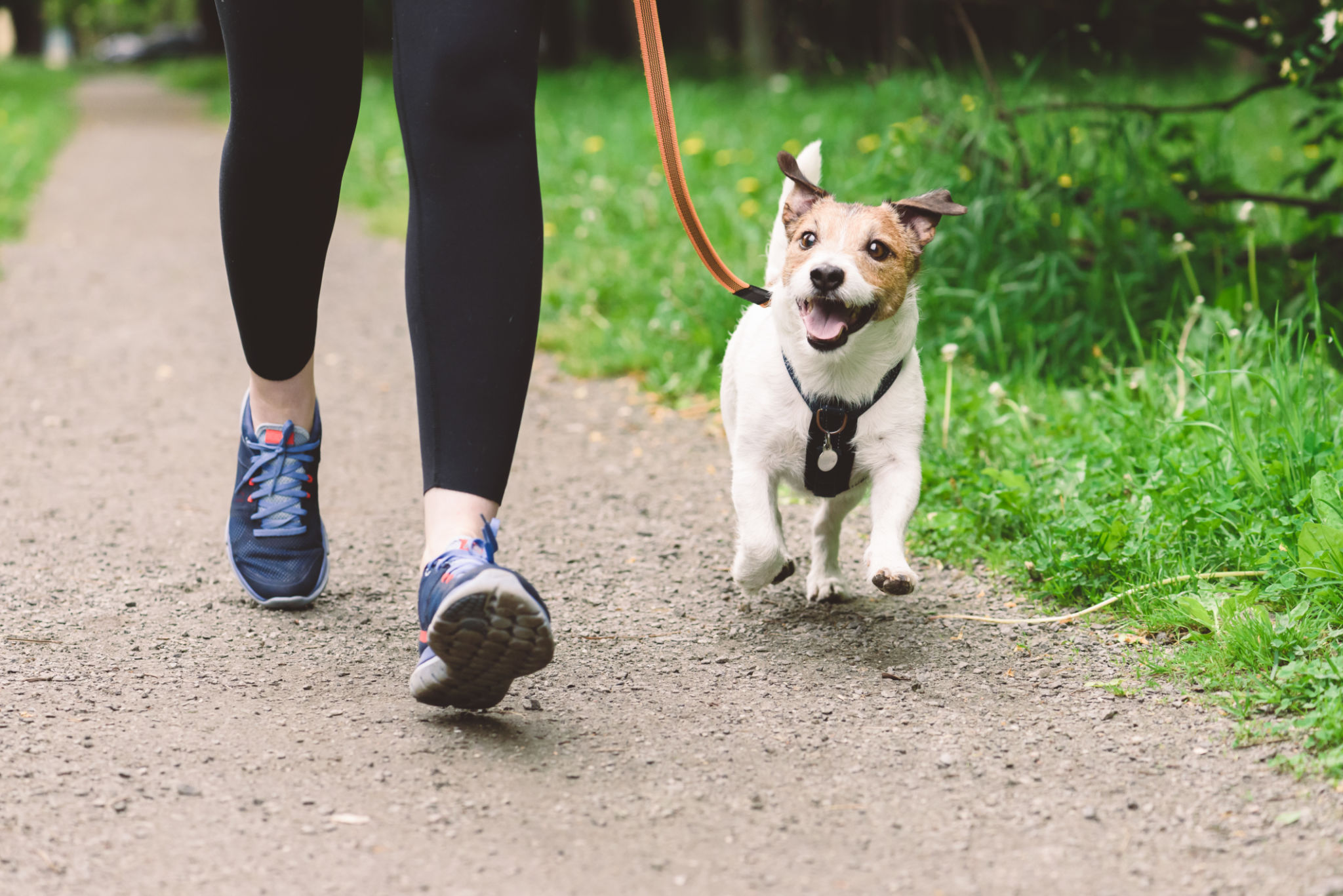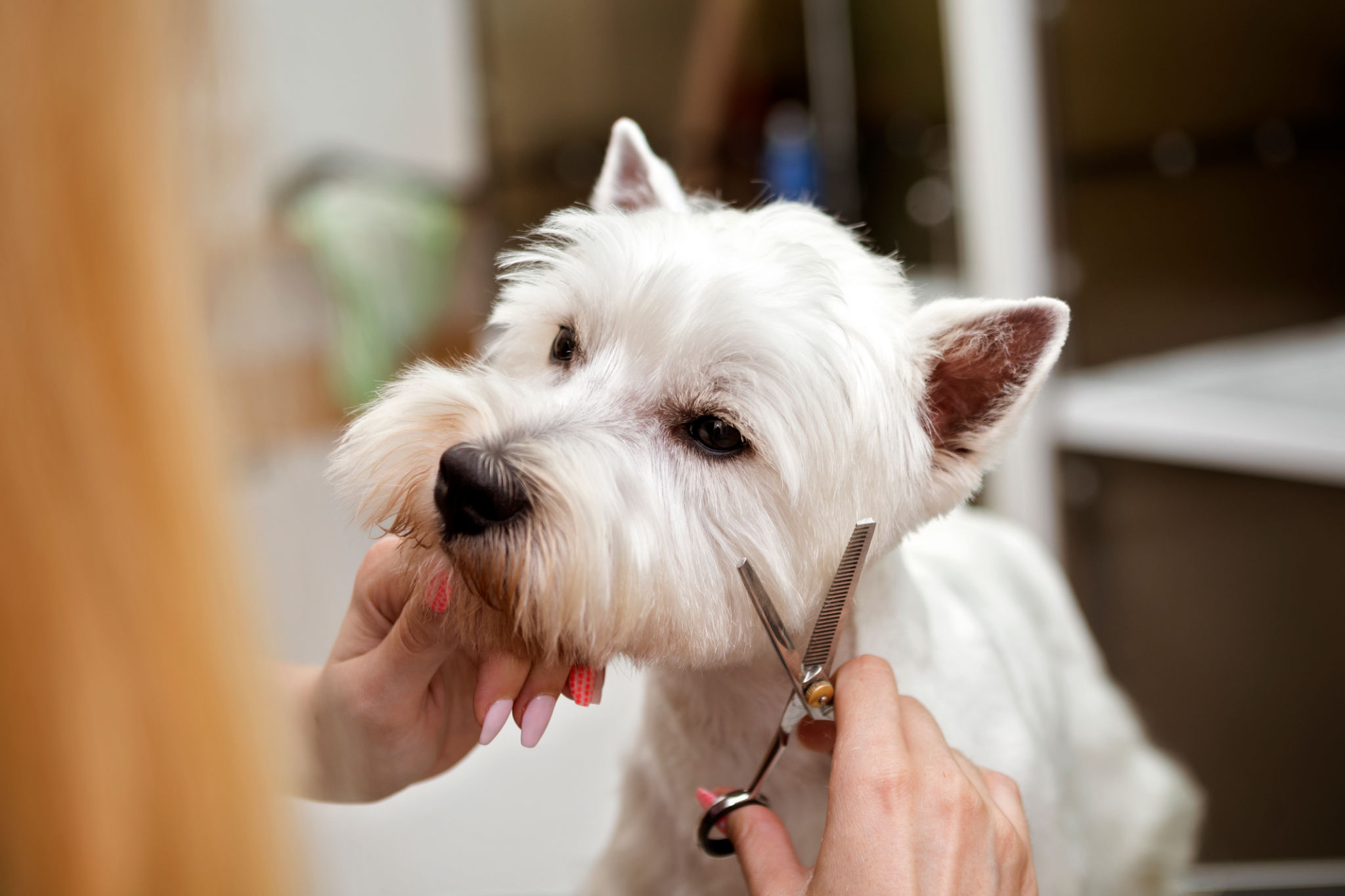Understanding the Needs of Small Dogs: Expert Advice from Mala Uzgajivacnica Cuda
Understanding Small Dog Nutrition
Small dogs may be tiny in stature, but their nutritional needs are anything but small. Unlike larger breeds, small dogs have faster metabolisms, which means they burn calories at a quicker rate. It's essential to provide them with a diet rich in nutrients to support their energy needs throughout the day. Opt for high-quality dog food specifically formulated for small breeds, as these often contain the right balance of proteins, fats, and carbohydrates.

Portion Control and Feeding Frequency
When it comes to feeding small dogs, portion control is crucial. Overfeeding can lead to obesity, which can cause a host of health issues. It's recommended to feed small dogs smaller, frequent meals rather than one or two large ones. This approach helps maintain their energy levels and prevents hypoglycemia, a common issue in smaller breeds.
Exercise and Mental Stimulation
Despite their size, small dogs require regular exercise to keep them healthy and happy. Short walks and play sessions are ideal for burning off excess energy. Additionally, mental stimulation is just as important as physical exercise. Interactive toys and training sessions can keep their minds sharp and prevent boredom-related behaviors such as chewing or excessive barking.

Creating a Safe Environment
Small dogs are more vulnerable to injuries due to their size. Ensure your home is a safe space by removing any potential hazards like small objects they could swallow or high surfaces they might jump from. Using pet gates can also help limit their access to risky areas. Providing a cozy bed or a designated resting area can also make them feel secure and comfortable.
Grooming Needs of Small Dogs
Regular grooming is vital for small dogs to maintain their coat and skin health. Depending on the breed, they may require frequent brushing to prevent matting and tangling of hair. Bathing should be done as needed, using a gentle dog shampoo to avoid skin irritation. Pay attention to their ears, teeth, and nails as well, ensuring these are kept clean and trimmed.

Socialization and Training
Socialization is critical for small dogs to develop a well-rounded temperament. Exposing them to different environments, people, and other animals from an early age can help reduce fear and aggression. Consistent training with positive reinforcement techniques can also enhance their behavior and strengthen the bond between you and your pet.
Health Monitoring and Veterinary Care
Regular veterinary check-ups are crucial for the early detection of any health issues that small dogs may face. Vaccinations, parasite control, and dental care should be part of their routine health plan. Be observant of any changes in behavior or appetite, as these can be indicators of underlying health problems.

Understanding Breed-Specific Needs
Each small dog breed may have unique needs or predispositions to certain health conditions. Researching your dog's specific breed characteristics can provide insights into potential health concerns or behavioral traits. This knowledge allows you to tailor their care more effectively.
In conclusion, understanding and catering to the needs of small dogs requires attention to detail in various aspects of their care. By following expert advice from Mala Uzgajivacnica Cuda, you can ensure your petite companion leads a healthy, happy life.